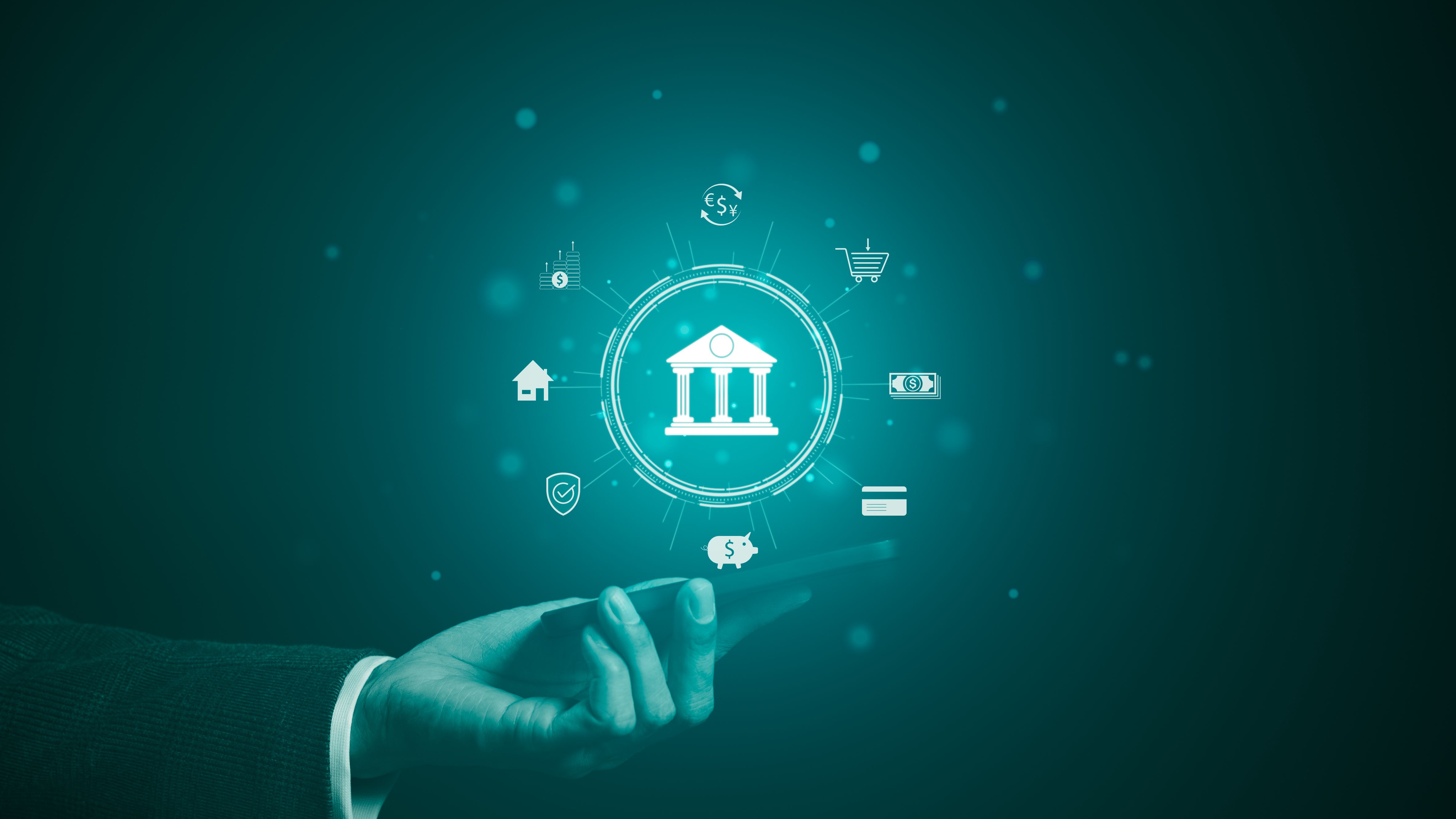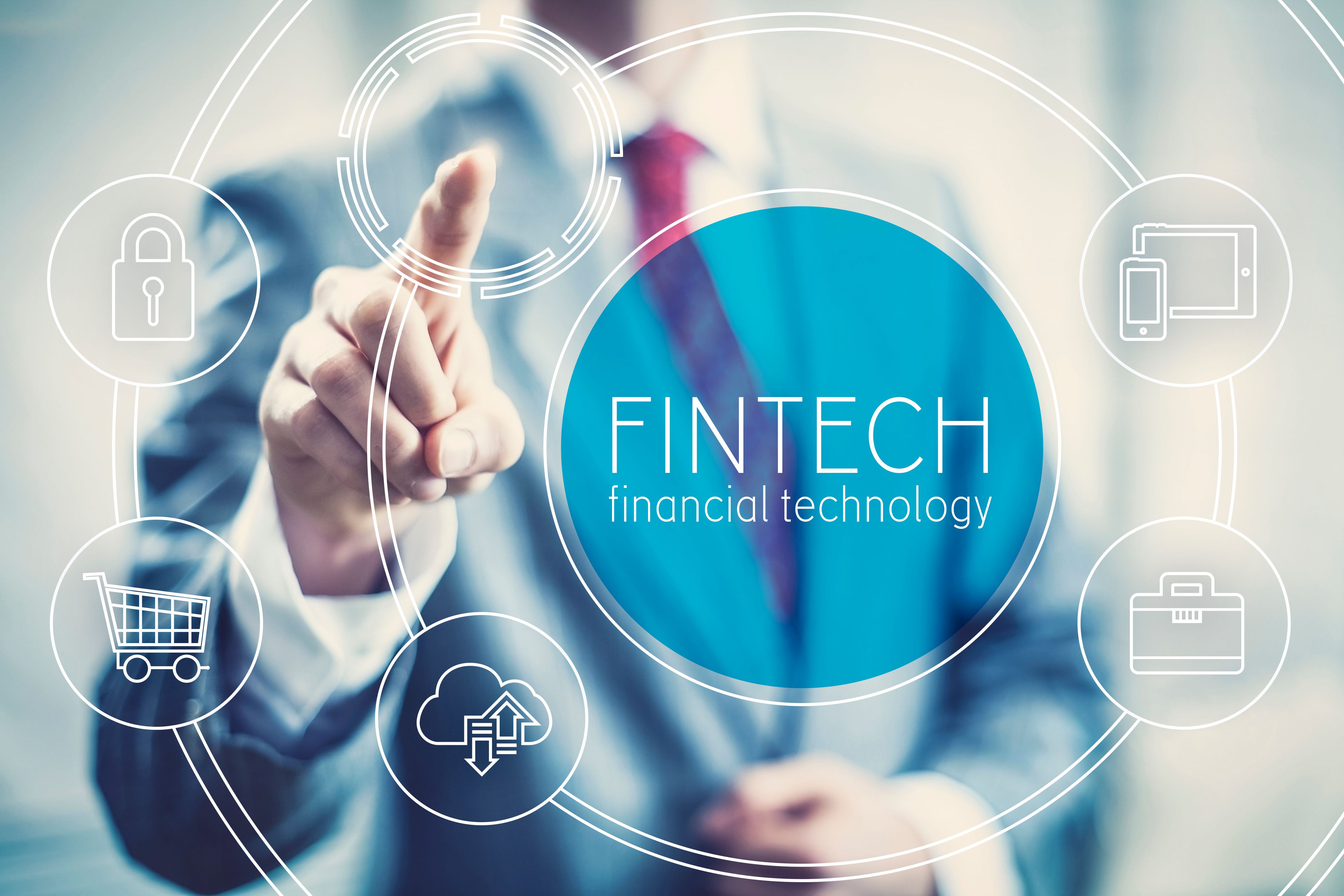The Future of Finance: Online Banking
In recent years, online banking has transformed the financial landscape, driving a significant shift in how individuals and businesses manage their finances. With the increasing integration of technology into our daily lives, the future of finance is set to be even more digital, offering convenience, speed, and enhanced security. As we navigate this evolution, it's essential to understand the trends shaping online banking and how they impact users.
The Rise of Digital-First Banking
Traditional banking methods are being rapidly replaced by digital-first strategies. Many financial institutions are closing physical branches and investing heavily in their online platforms. This shift allows banks to reach a broader audience while reducing operational costs. For consumers, this means quicker access to services without the need for a physical visit to the bank.
Digital-first banking also emphasizes user-friendly interfaces, making it easier for customers to manage their accounts, transfer funds, and apply for loans with just a few clicks. As banks continue to innovate, we can expect even more streamlined and intuitive platforms in the future.

The Role of Artificial Intelligence and Automation
Artificial Intelligence (AI) is playing a pivotal role in enhancing online banking experiences. AI-powered chatbots and virtual assistants provide 24/7 customer support, handling inquiries and transactions efficiently. This technology not only improves customer satisfaction but also frees up human resources for more complex tasks.
Automation is another key aspect of modern banking. Routine processes such as bill payments, account monitoring, and fraud detection are increasingly automated, offering enhanced accuracy and reliability. As AI and automation technologies advance, the potential for more personalized and proactive banking services grows.
Security Enhancements in Online Banking
With the rise of digital banking, security remains a top priority for both financial institutions and customers. Advances in cybersecurity measures are continually being developed to protect sensitive information and prevent unauthorized access. Biometric authentication methods, such as fingerprint recognition and facial scans, are becoming standard practices in online banking security.

Additionally, banks are investing in advanced encryption technologies and real-time fraud detection systems to safeguard user data. These security enhancements are crucial in building trust and confidence among users as they transition to digital banking solutions.
Fintech Innovations Driving Change
Financial technology (fintech) companies are at the forefront of disrupting traditional banking models. By offering innovative solutions such as mobile wallets, peer-to-peer payment platforms, and blockchain-based services, fintech firms are expanding the possibilities of what online banking can offer.
Collaboration between banks and fintech companies is becoming increasingly common, resulting in a richer array of services for consumers. These partnerships enable banks to leverage cutting-edge technologies while maintaining regulatory compliance and customer trust.

The Impact on Consumer Behavior
The convenience and accessibility of online banking have significantly influenced consumer behavior. Customers now expect seamless integration with their digital lifestyles, from instant notifications about account activity to personalized financial advice delivered through mobile apps.
This shift has also led to increased financial literacy among consumers, who have more tools at their disposal to make informed financial decisions. As digital banking continues to evolve, it will likely encourage even greater engagement with personal finance management.
The Future Outlook
As we look to the future of online banking, several trends are likely to shape its trajectory. These include the integration of open banking standards, which allow third-party developers to build applications around financial institutions, leading to a more interconnected ecosystem.
Moreover, the adoption of decentralized finance (DeFi) and blockchain technology may redefine ownership and transactions within the financial sector. These advancements promise greater transparency, efficiency, and inclusivity in financial services worldwide.
The future of finance is undeniably digital, offering exciting opportunities and challenges for both consumers and financial institutions. By embracing technological advancements and prioritizing security and user experience, online banking is poised to become an even more integral part of our daily lives.
